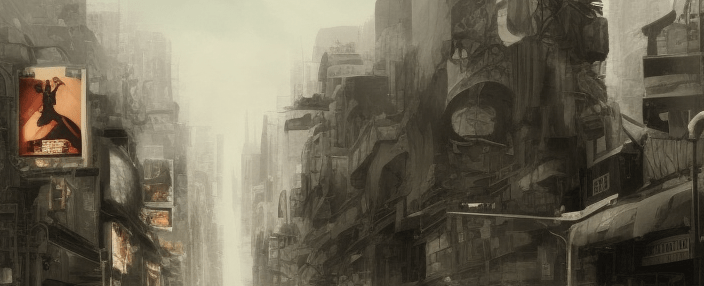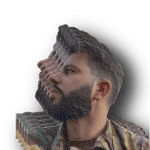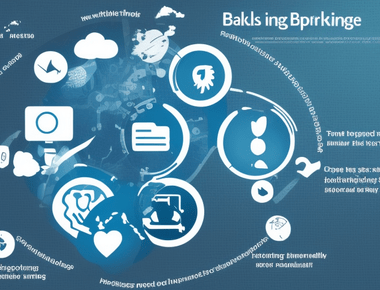

Revolutionizing Productivity with AI-Powered Text Summarization
Most activities involve reading a lot of information.
Whether we have to consult documentation, articles, journals, doctrinal works, manuals or decisions, we always end up finishing a text by realising that it was not relevant and that we cannot extract any value for our work.
Often, summaries or abstracts, when they exist, are too short and serve more as an incentive to read than as a clear definition of the material.
Very often, valuable hours are wasted looking at useless information instead of being able to focus on the relevant information.
Until very recently, it was a necessary evil and the hours lost seemed inevitable.
But fortunately, a revolution has occurred.
Thanks to its latest developments, artificial intelligence can help us focus only on the valuable information and not waste time on the others.
Thus, it massively increases our productivity by freeing up valuable time for action.
Moreover, you don’t need to be a specialist to use it, it has become so accessible that a child can use it alone to be assisted in his homework.
In this period of unprecedented technological development, we are gradually entering an era where man can free himself from repetitive and time-consuming work in order to focus on what his genius excels at: inventiveness and creativity.
Since our origins, these have been the traits that most distinguish humans from other species.
However, the rise of human development is not just the product of brilliant, isolated individuals, it is the result of information sharing.
Inventiveness only exists because of a sum of information accumulated over centuries.
Hence Isaac Newton’s phrase, inspired by Bernard of Chartres:
“If I have seen further it is by standing on the shoulders of Giants. ”
We benefit daily from inventions and principles that seem obvious to us but which took centuries to come to light.
If there were no way to safeguard the knowledge acquired during a generation, its transmission and even more so its diffusion would have been difficult.
Oral traditions allowed transmission within a community but not dissemination beyond.
Writing down the knowledge facilitated its transmission, but not its circulation, because copying the texts manually only allowed this on a marginal scale.
It was the invention of the printing press that allowed information to be truly distributed.
However, there was still a need for places to gather information so that it would not be scattered.
The monasteries and the first universities played this role before the invention of the printing press.
After that, universities and libraries were the real multipliers of human inventiveness, acting as a hub and a relay of information.
The regrouping by interests in academies and other institutions enabled the advancement of science and humanities to an unprecedented level.
However, with this progress has come a reversal of a severity that is hardly measured: Unnecessary informations are growing constantly.
Such informations are not necessarily wrong, but they simply do not bring any additional benefit to humanities and sciences; they are just an accumulation of noise that slows them down more than it makes them progress.
Information, which has been a vector of progress, is now turning against mankind because of its abundance; our capacity to assimilate it is overwhelmed.
This overabundance of suffocating and time-consuming bibliography leads us to read quickly and poorly in an attempt to assimilate everything.
Most of it is useless, but despite that we have to waste hours checking it out to make sure we don’t miss anything, and this, at the expense of the time needed to actually do our work.
But this time is over, artificial intelligence finally allows us to focus on the important things and cut out the irrelevant.
Today, AI can analyse a text and produce a reliable summary in order to determine its relevance before diving in.
AI allows us to focus only on information that is valuable to our project, our work or our business.
Today, I Kismart offers an intuitive and easy-to-use interface so that anyone, regardless of age or technical ability, can access the power of AI with a single click.
We are entering a new era.
We can free ourselves from repetitive and time-consuming work.
We can focus on where our true value lies.
We can finally focus on where we excel, on our creativity and inventiveness.
Customer care services and business dev
Related Posts
Quick Links
Legal Stuff






